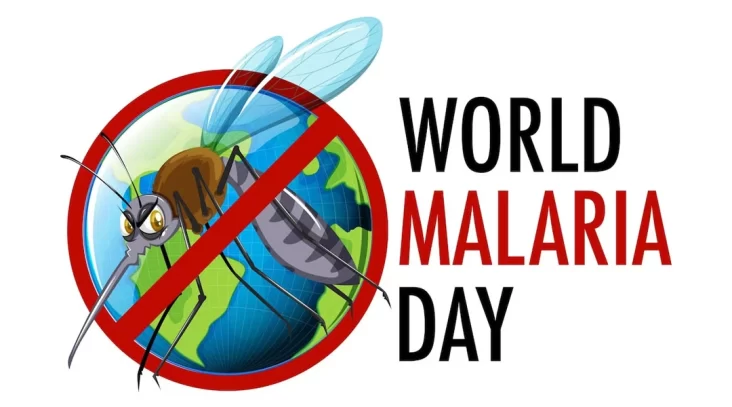Every year on 25 April, World Malaria Day is marked to raise awareness of the disease’s effects and the havoc they cause among people all over the world. The WHO’s theme for this year’s World Malaria Day, “Time to Deliver Zero Malaria: Invest, Innovate, Implement” theme was used to frame Indian statistics, which show progress. In recent years, the government has made great strides towards eliminating malaria, with the official malaria burden declining by around 66% between 2018 and 2022.
So what are the symptoms of malaria?
The majority of individuals are aware that mosquitoes transmit malaria. Following a single bite from an infected mosquito, the patient often develops a high fever, headaches, nausea, chills, joint pain, or diarrhoea within one to four weeks. However, in other instances, it might go unnoticed for a year or longer before showing symptoms and necessitating prompt medical intervention.
Once the infection has started to spread, the parasite from the mosquito multiplies by adhering to the host’s red blood cells. Blood cells become floppy, lose their elasticity, and begin to clog the blood channels around organs as a result. Without a healthy blood flow, organs stop working correctly, which in the worst circumstances results in organ failure and death. The parasite weakens red blood cells in less severe instances, shortening their lifespan. In addition to these major issues, malaria may harm the heart, kidneys, and lungs.
Even sometimes, symptoms may come and go in cycles. Depending on the particular parasite infection a person may have, the interval between episodes of fever and other symptoms varies. Without immediate medical care, major medical issues might develop and pose a serious risk to the patient’s life. The type of malaria that is contracted has a significant impact on how it is treated.
Both simple and severe malaria are treated with medications and anti-malarial treatments. If treatment is given right away following a diagnosis, survival prospects are 100%.
With infectious disorders like malaria, prompt detection can make all the difference to your health. The most complete ways to maintain your health in the face of constantly changing lifestyles and climatic changes are provided by our skilled medical staff and cutting-edge technologies. For every age group, we provide preventative health check-up packages. Make a consultation appointment with us to monitor your health.
Some tips to keep in mind:
• Maintain impeccable cleanliness in your home. Mosquitoes thrive in an unclean and unsanitary atmosphere.
• Long-sleeved clothing, such as shirts and trousers, can help ward against mosquito bites.
• Mosquitoes and flies grow alarmingly during the monsoon season. To keep insects at bay, use a strong insect repellent at all times. Clear stagnant water areas, which serve as mosquito breeding grounds, can aid in limiting the development of malaria.
• Do not go outside if you are feverish. In addition to potentially worsening your own health, you run the danger of spreading infectious illnesses to those close to you.
• If you suffer malaria symptoms such as fever, chills, or headache, get medical attention right once. Serious malaria and its sequelae can be avoided with early diagnosis and treatment.

